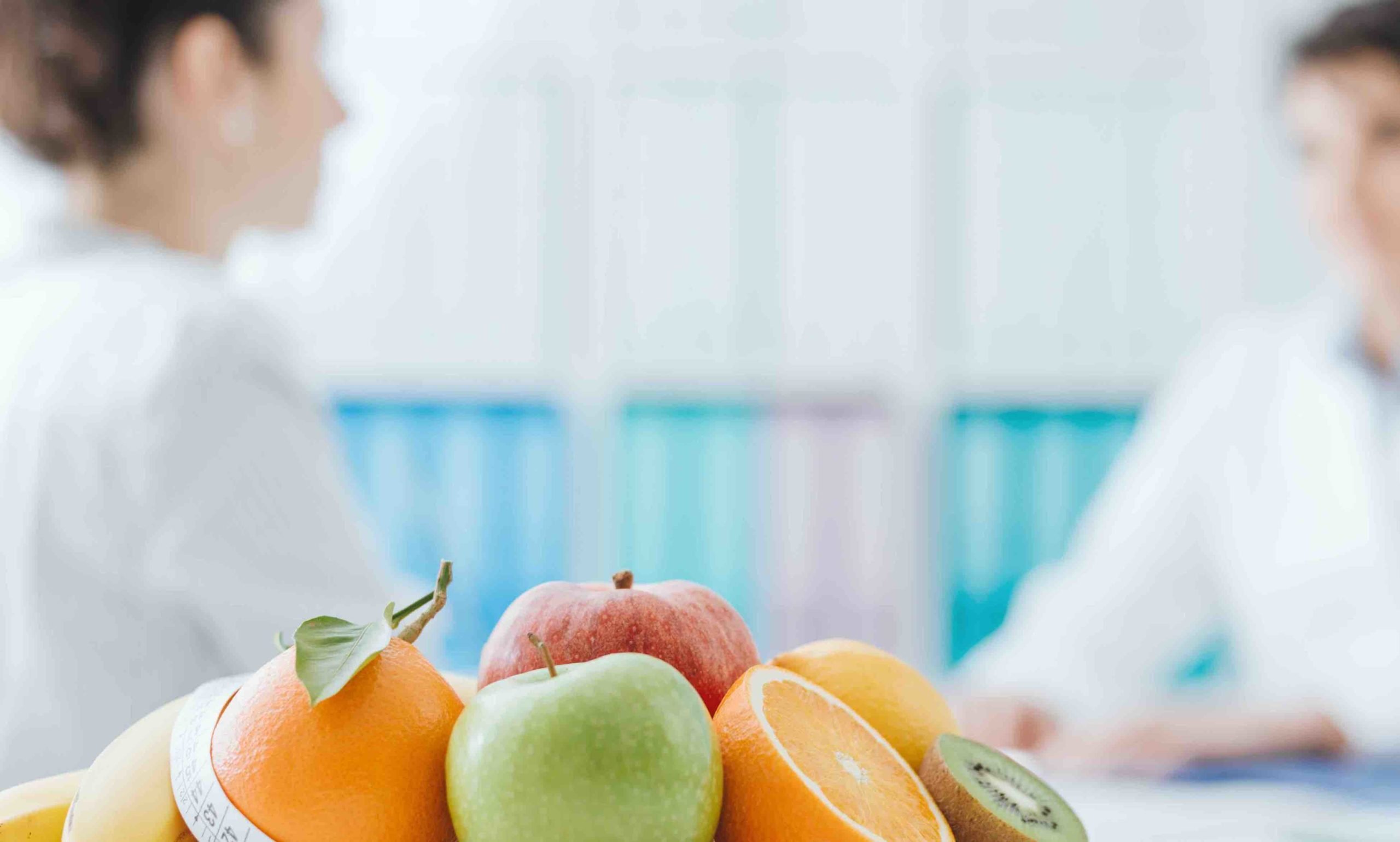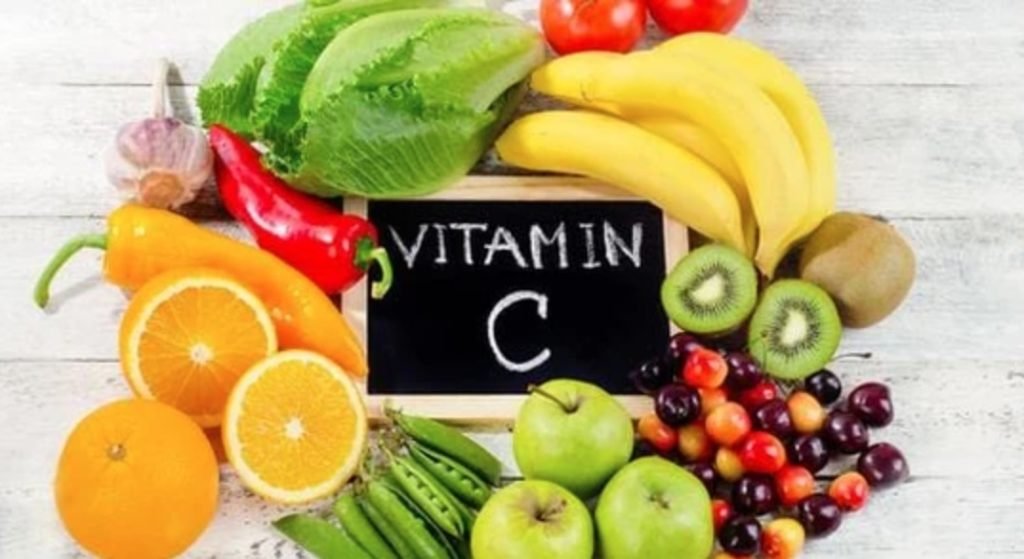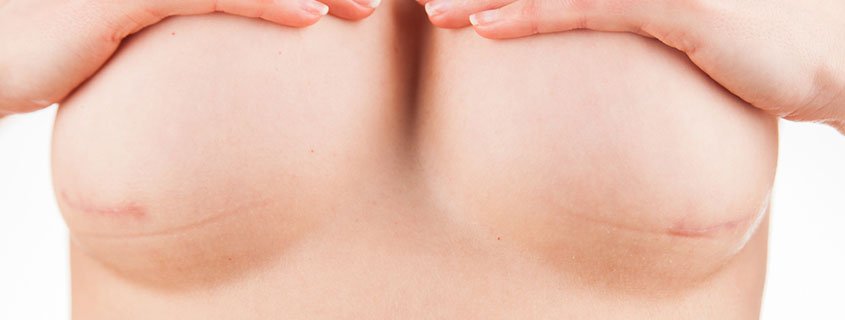Importance of Nutrition in Wound Healing
Recovery from plastic surgery often comes down to following your doctor’s instructions closely – but that’s not the only thing. Wound healing and nutrition go hand-in-hand. Eating well before and after surgery can have a positive impact on your rate of recovery, helping you to heal quicker. This is because good nutrition is proven to be essential for the proper healing of wounds. A good wound healing diet provides your body with the calories, proteins, vitamins and minerals that your body needs to regenerate in a timely manner.
Every type of surgery, whether unplanned or elective surgery, put our bodies under trauma. And, while surgery is always performed to improve your quality of life, it can lead to risks such as infection, scarring, poor wound healing and loss of energy. These risks can effectively be managed by being mindful of what you eat while healing from surgery, and of course, following your doctor’s instructions carefully.
What is Wound Healing?
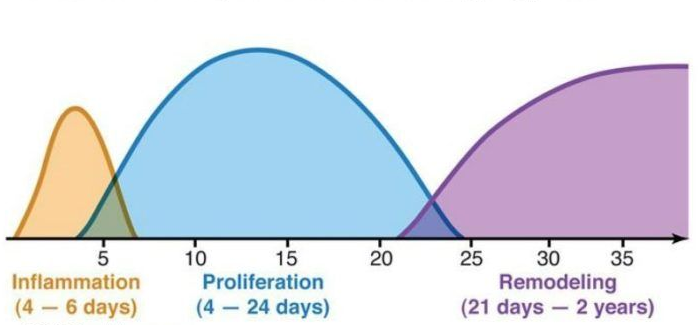
Wound healing is your body’s process of replacing destroyed or damaged tissue by producing new tissue. There are four phases of wound healing that proceed in an organised way. This includes hemostasis, inflammation, proliferation and maturation (remodelling). Although these stages follow a linear progression, wounds can progress backward or forward depending on internal and external patient conditions. Internal conditions refer to nutrition and gut health while external conditions refer to rest and aftercare (eg. keeping the wound clean).
What is The Role of Nutrition in Wound Healing?
While often overlooked, nutrition plays a variety of roles in the wound healing process. Suboptimal nutrition can negatively affect immune function, collagen synthesis as well as wound tensile strength. All of which are critical elements of wound healing. When studied amongst wound care patients, data suggests that many nutrients are conditionally essential and serve a therapeutic role within the healing process.
Essentially, the right nutrition helps your body to fight infection, accelerates healing, increases your strength and energy and also maintains your nutrient stores. In short, it may help you to have an easier recovery.
The suggested nutrients in this article should be a component of a broad and complete diet only. Always seek a second opinion.
What Foods Are Best to Eat Before and After Surgery?
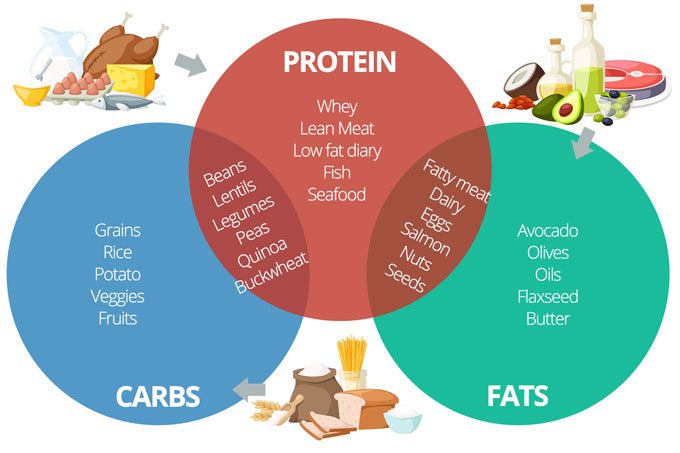
When preparing for surgery, it’s recommended that you consume a wholesome and regular diet. This means eating regularly, five to six small meals a day with high protein content. This will prepare your skin for repair. The nutritional recommendations in this article can be followed both before and after your surgical procedure.
Carbohydrates, fats, proteins and fluids are all required to support healing. Your nutritional intake must be able to support the increased energy demand required throughout the wound healing process. This typically means you’ll be eating more food, and more regularly.
Below are our top foods to eat for optimal recovery and healing after cosmetic surgery.
1. Healthy Carbohydrates
Carbohydrates provide your brain, muscles and nerves with energy. They also prevent muscle from breaking down while you’re less mobile after surgery. According to the University of Nottingham, glucose (digested carbohydrates) provide energy for white blood cells, boost collagen production and promote fibroblast growth.
Carbohydrates not only provide the energy your cells require for healing but also provide enzymes like hexokinase and citrate synthase, which aid wound repair. Furthermore, carbohydrates stimulate insulin production. This is helpful during the proliferative phase of wound healing – where the wound is rebuilt with new tissue.
Approximately 55% to 60% of your total calories should be delivered as complex carbohydrates instead of simple sugars. So, eating healthy high carb foods, such as sweet potatoes, is important for a quick recovery.
Other good sources of carbohydrates include oats, fruits, pasta and rice. Whole-grain carbohydrates are preferred over simple carbs (ie. white bread), so where possible, opt for these. Whole wheat or rye sourdough bread, wild rice and quinoa give your body a dose of fibre. This can also help to prevent or ease constipation, which is a common side effect of pain medication.
As well as this, healthy or complex carbs can be found in the following vegetables:
- Carrots
- Sweet bell peppers
- Broccoli
- Cauliflower
- Cabbage
- Brussel sprouts
- Sweet potatoes
- Potatoes
2. Healthy Fats (Nuts, Oils and Fish)
Healthy fat intake amongst post-surgery patients helps the body supply a long-lasting source of energy to the wound healing process. It can also assist with structural functions during new tissue growth. As well as this, healthy fat helps your body absorb fat-soluble micronutrients such as vitamins contained in fruits and vegetables. These include vitamin A, vitamin E, omega-3, and omega-6 fatty acids. And, fat can help to strengthen your immune system and also decrease your chance of infection.
Healthy fats that are beneficial during wound healing include:
- Olive oil
- Avocados
- Coconut oil
- Nuts
- Seeds
Many types of fats and nuts are also high in vitamin E, particularly almonds. Vitamin E helps wounds heal faster and can reduce the appearance of scars.
3. Protein
Protein plays an essential role in all stages of wound healing. It helps the body repair damaged tissue by encouraging collagen production, immune function, tissue remodelling, wound contraction and skin structure.
Protein contains amino acids that help to repair muscle damage by speeding up wound healing and remodelling/regenerating tissues. Furthermore, iron contained in protein also helps you to regain energy quickly by producing new blood cells.
Following any unplanned or elective surgery, your body requires a higher amount of protein and iron. In fact, the presence of a wound increases protein demand by up to 250%. Why? Because during your surgery, your muscles may have been manipulated, moved or damaged (this is particularly true for diastasis recti repair surgery or facelift surgery). It’s your body’s job now to repair those muscles.
Lean meats, poultry and seafood are all high in protein and should be considered while healing from surgery. And, while you may not want to eat meat every day, it’s essential to boost your protein intake in the weeks leading up to and following your surgery. There are options, such as adding milk powder to cereals or mashed potato or consuming more eggs.
Eggs are a fantastic source of protein and are rich in the micronutrients needed for a fast and quality recovery. Eggs contain protein, vitamins A, E and K, B complex vitamins (including B12), riboflavin, folic acid, calcium, zinc as well as iron.
Foods high in protein and iron include:
- Poultry
- Seafood
- Beans and lentils
- Nuts
- Eggs
- Tofu
4. Fluids
Our bodies are made up of 55-65% water. Drinking a substantial amount of fluid promotes tissue oxygenation and helps to maintain skin turgor. Essentially, staying hydrated promotes skin health which facilitates rapid wound healing.
Water also serves as a diluent for waste removal and can reduce constipation, which is a common side effect of pain medication and decreased mobility.
Sugary drinks should be avoided as they can contribute to dehydration. It’s absolutely critical that you avoid drinking alcohol during recovery as it can impair the antioxidant defence and induce oxidative stress.
Water intake is preferable over other fluids but there are various options that won’t place strain on your wounds. These options include:
- Coconut water
- Herbal tea
- Natural juice
- Milk
- Soup
What Vitamins Promote Wound Healing?
As well as eating a healthy variety of foods, vitamin intake can also help to boost your immune system and speed up wound recovery. The following vitamins are essential for rapid wound healing:
Vitamin A
Vitamin A is important for the wound healing process for a number of reasons. Vitamin A aids cells in the reproduction process which helps new tissue to grow. It also helps to reduce the risk of wound infection and helps to control the inflammatory response. It’s common for people to have moderately low levels of vitamin A, but this can be resolved by eating foods such as:
- Kale, spinach and other leafy greens
- Carrots
- Sweet potatoes
- Squash
- Eggs
Vitamin C
Vitamin C is an important nutrient in wound healing because it helps the body to form new collagen. Being deficient in vitamin C can prolong healing and inhibit the body from fighting infection. Good sources of vitamin C include:
- Citrus fruits
- Berries
- Papaya
- Dark leafy greens
- Kiwi fruit
- Peppers
Zinc
Zinc aids the wound healing process by helping maintain the durability of skin and mucosal membranes. It can also boost your immune system allowing your body to fight infection more effectively. Zinc can be found in the following foods:
- Red meat
- Lentils
- Cashew nuts
- Pumpkin seeds
Bromelain
Bromelain is an anti-inflammatory enzyme found in the stem of pineapple plants. It helps to reduce muscle and tissue swelling particularly following injury or surgery. It is found in the fruit, skin and sweet juice of pineapple plants. It can also be supplemented and is recommended by Dr Doyle for his patients following surgery.
Eating Tips for Wound Healing
- If you can’t eat a lot, eat more frequently. Aim for 6 small meals rather than 3 large ones.
- Stock up on nutritious ready-made meals for times you don’t feel like cooking.
- Buy plenty of easy to consume snacks such as yoghurt, nuts, cheese, biscuits and dips.
- Have a large variety of fruits ready for snacking.
Nutrition and Wound Healing Frequently Asked Questions
What are the best foods for wound healing?
Among the best foods for wound healing are proteins such as:
- Meat, poultry or fish
- Tofu
- Beans
- Eggs
- Milk
- Cheese
- Greek yogurt
- Soy nuts
- Soy protein products
Is milk good for wound healing?
Cow’s milk provides a rich source of calcium which can accelerate wound healing and healing quality. Healing is a calcium-dependent process so it’s important to include calcium in your post-surgery diet.
What’s a good source of calcium?
Other than milk, sources of calcium you may consider are:
- Dairy foods such as cheese and yoghurt
- Green leafy vegetables such as kale and spinach
- Soya drinks
- Bread
Are antioxidants good for wound healing?
Yes, antioxidants enhance the healing of infected and noninfected wounds by reducing the damage caused by oxygen radicals.
What foods contain antioxidants?
Not only do fruits contain antioxidants which are great for healing, but they are also light on the stomach and ideal for small, regular portions. The following fruits contain antioxidants:
- Grapes
- Pomegranates
- Blueberries
- Raspberries
- Strawberries
- Goji berries
- Blackberries
How much water should I drink a day?
Aim to drink at least 1.5L of water per day, unless you have been advised otherwise.
Can I supplement vitamins?
Yes. If you can’t consume a sufficient amount of vitamins and nutritious foods, it can be beneficial to supplement these nutrients. At Gold Coast Plastic Surgery, we offer a variety of supplements to aid recovery.
The Advanced Nutrition Programme Skin Ultimate Pack also contains vitamin A, vitamin D, antioxidants and omegas 3 and 6. This can be beneficial to take leading up to surgery and after surgery.
What should I not eat after surgery?
Avoid the empty calories in processed foods, refined grains and sugary products. Also, try to refrain from soda and alcohol and focus instead on healthier fluids like water during your recovery.
What if I don’t consume nutritious foods?
Patients who don’t consume nutritious foods increase their risk of infection, which slows down the wound healing process. This results in a longer recovery period and more time off work which can become a costly affair.
My wound isn’t healing, what should I do?
If you have a wound that’s not healing, it’s critical to seek medical attention. Wounds that don’t heal properly can cause serious complications.
References:
- Nutrition and Wound Healing – Metro North Hospital and Health Service
- Nutrition Wound Care Management Comprehensive Overview – Wounds Research
- Four Stages of Wound Healing – Wound Source
About Dr Mark Doyle FRACS (Plast) – Queensland Plastic Surgeon
Servicing patients in Gold Coast, Brisbane, Sunshine Coast, Cairns and New South Wales NSW – Northern Rivers, Byron Bay, Ballina, Lismore and more.
Dr Mark Doyle is a Specialist Plastic Surgeon with over thirty years of experience performing Breast, Body, Face and Nose surgery. Dr Doyle is a fully qualified Specialist Plastic Surgeon with 30+ years of experience. He has completed all required training and only carries out approved surgical practices. There are absolutely NO undertrained doctors or cosmetic doctors acting as surgeons in our clinic.
As a highly esteemed plastic surgeon, Dr Mark is committed to achieving the best possible results for all his breast, body, face and nose patients, both men and women.

